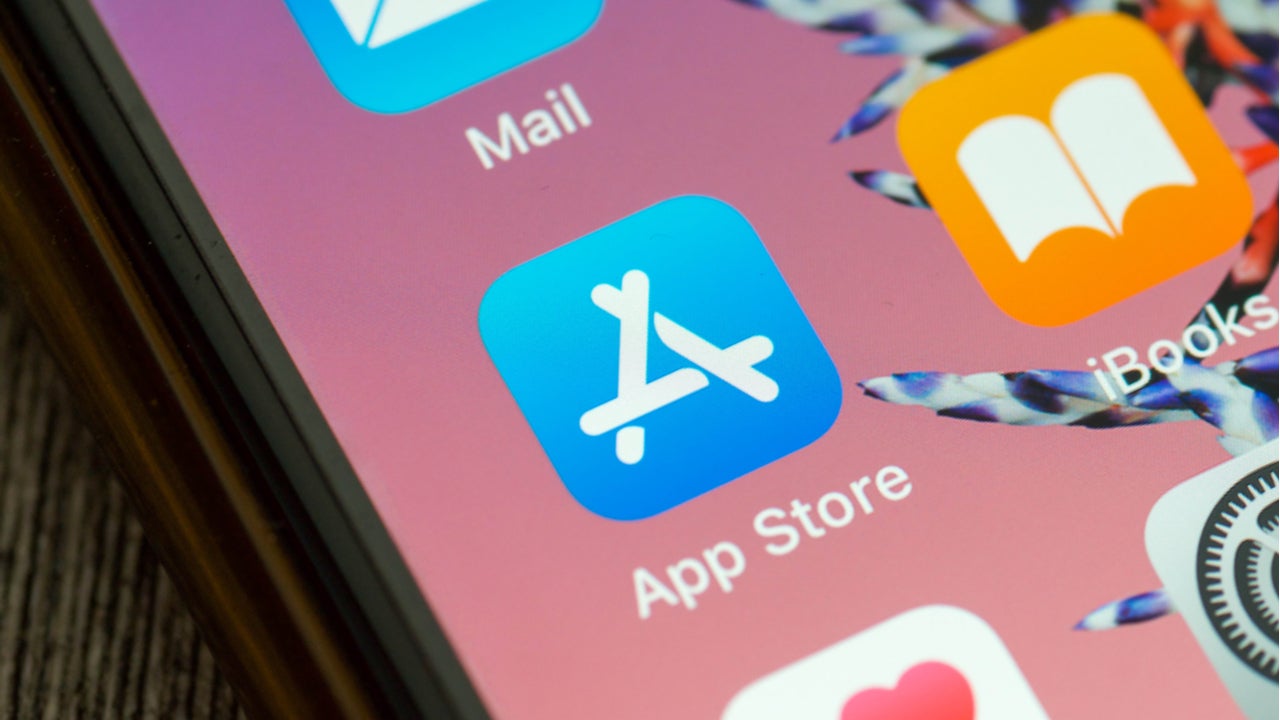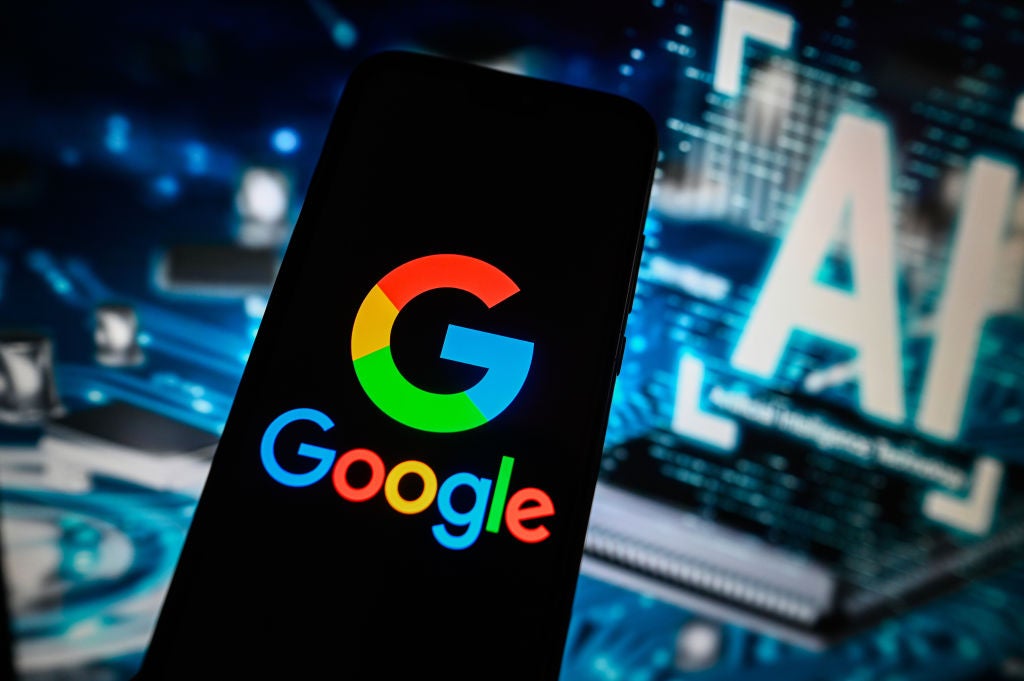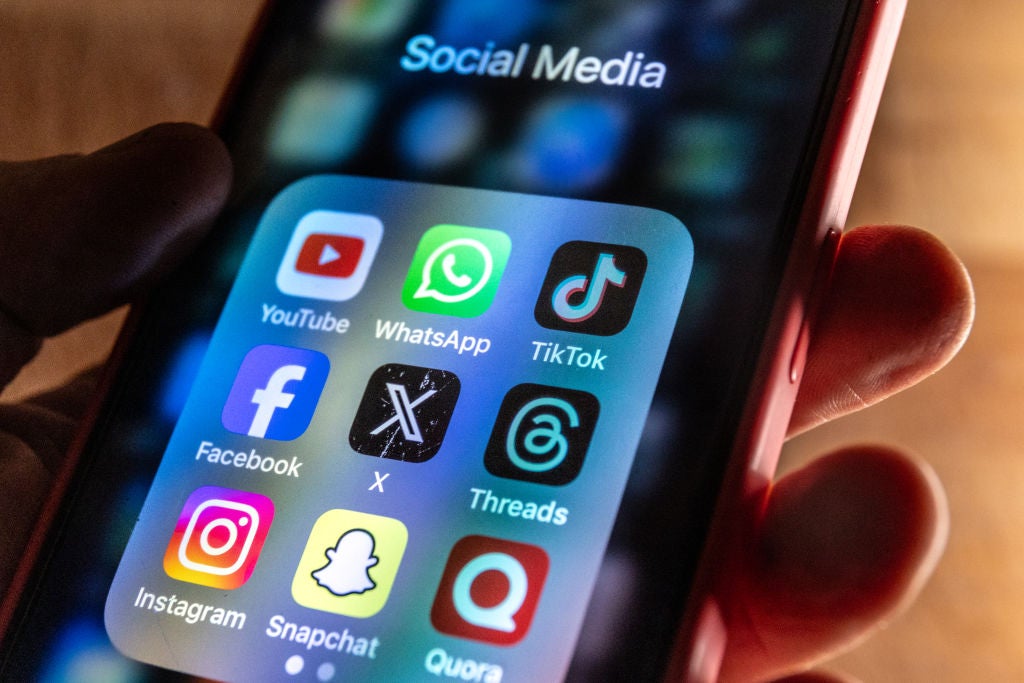
Apple will let developers of “reader apps” link to their own external sign-up website, allowing companies such as Netflix and Spotify to avoid paying commission that would be collected if using the App Store’s in-app payment system.
The concession closes an investigation by the Japan Fair Trade Commission (JFTC), but Apple has chosen to apply the update globally. It will come into effect in early 2022, Apple said.
The move comes as Apple and Google face mounting pressure from regulators around the world into the dominance of their respective app stores and the rules they enforce on developers.
Much of the regulatory scrutiny stems from Apple and Google forcing developers to use their own in-app payment systems, allowing the tech giants to collect commission on subscriptions and in-app purchases of up to 30%.
This week, South Korea passed a law that forces major app stores to let software developers use their own payment system – the first time a major economy has taken legal action to curtail Google and Apple’s app store payment dominance.
According to documents seen by Reuters, Apple faces another antitrust probe in India for forcing developers to use its proprietary in-app purchase system. The case, reportedly filed by a “little-known non-profit group”, also alleges that Apple’s restrictions hurt India’s payment processors who offer services at a lower rate.
How well do you really know your competitors?
Access the most comprehensive Company Profiles on the market, powered by GlobalData. Save hours of research. Gain competitive edge.

Thank you!
Your download email will arrive shortly
Not ready to buy yet? Download a free sample
We are confident about the unique quality of our Company Profiles. However, we want you to make the most beneficial decision for your business, so we offer a free sample that you can download by submitting the below form
By GlobalDataApple faces a similar investigation in the European Union, which was launched last year. In a preliminary statement, the European Commission said Apple has abused its dominant position.
Such investigations are often lengthy – the JFTC investigation was first launched in October 2016.
Apple’s decision to allow reader apps to link to an external sign up does not affect the Cupertino, California-headquartered company’s policy that developers must use its payment system for in-app purchases.
In addition to regulatory probes, that policy is also the centre of multiple lawsuits against Apple. One of those was filed by Epic Games, maker of the hit game Fortnite. That trial is awaiting its final decision but in the meantime, Apple agreed to a settlement with small developers in the US that will allow them to share information on how to pay for purchases outside of the App Store and effectively avoid paying commission.
Netflix and Spotify apps no longer useless on iPhones
Netflix and Spotify only offer a sign-in page when downloaded via the App Store, making them unusable unless a user already has an account.
Netflix, one of the most popular apps on the App Store, scrapped the ability for new users to sign up within its iOS app in 2018. It cost Apple $256m in commission based on that year’s figures, according to Sensor Tower data.
The Netflix page shows a message stating: “You can’t sign up for Netflix in the app. We know it’s a hassle. After you’re a member, you can start watching in the app.”
The update means Netflix will now be able to provide a link for the user to create an account.
Music streaming app Spotify filed an antitrust complaint against Apple in 2019 over the so-called “Apple tax” which sees Apple take 30% of users’ subscription fees for the first year and 15% after that. Spotify also takes issue with Apple’s App Store Guidelines, alleging that it interprets and reinterprets them in “ways to disadvantage” its rivals.
“A limited anti-steering fix does not solve all our issues,” Spotify said in a statement on Apple’s reader app concession.
Apple’s App Store walk-back will also affect Amazon’s ebook business Kindle, which prevents iPhone owners from buying books within the Kindle or Amazon app. Instead they must go to a mobile browser.
Verdict has approached Netflix and Amazon for comment.
What are reader apps?
It is also unclear how exactly Apple will define reader apps. In its statement announcing the update, Apple said: “Reader apps provide previously purchased content or content subscriptions for digital magazines, newspapers, books, audio, music, and video.”
However, Apple has previously drawn criticism for allegedly applying its policies inconsistently.
Apple’s App Store is the main revenue driver behind its $53.8bn services segment. The iPhone maker has always insisted that forcing developers to use its own payment system creates a safer App Store experience for users.
“The focus of the App Store is always to create a safe and secure experience for users, while helping them find and use great apps on the devices they love,” said Phil Schiller, Apple fellow who oversees the App Store, in a statement. “We have great respect for the Japan Fair Trade Commission and appreciate the work we’ve done together, which will help developers of reader apps make it easier for users to set up and manage their apps and services, while protecting their privacy and maintaining their trust.”
Apple and Google have responded to previous criticism by lowering the commissions they charge to some developers.
In November 2020, Apple offered an olive branch to smaller software developers by halving the commission fees it charges for software developers with less than $1m in annual net sales.
Google made a similar move in March, dropping its commission from 30% to 15% on the first $1m a developer makes on Google Play.
Last week, Apple agreed to a settlement with small developers in the US that will allow them to share information on how to pay for purchases outside of the App Store and effectively avoid paying commission.
The focus on app store practices comes amid a wider regulatory crackdown on tech giants. A recent GlobalData report notes that regulators around the world are targeting Big Tech firms on issues such as antitrust, data privacy, online harm, tax avoidance and misinformation.





